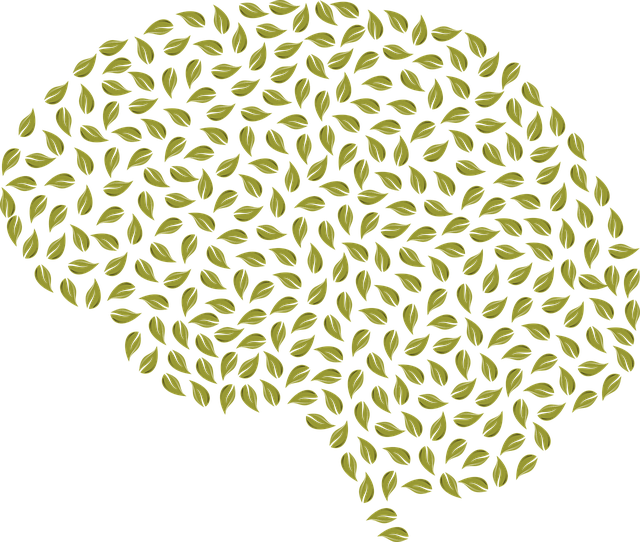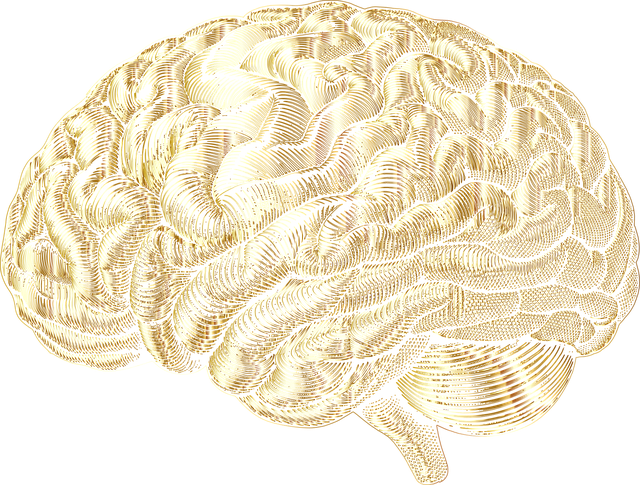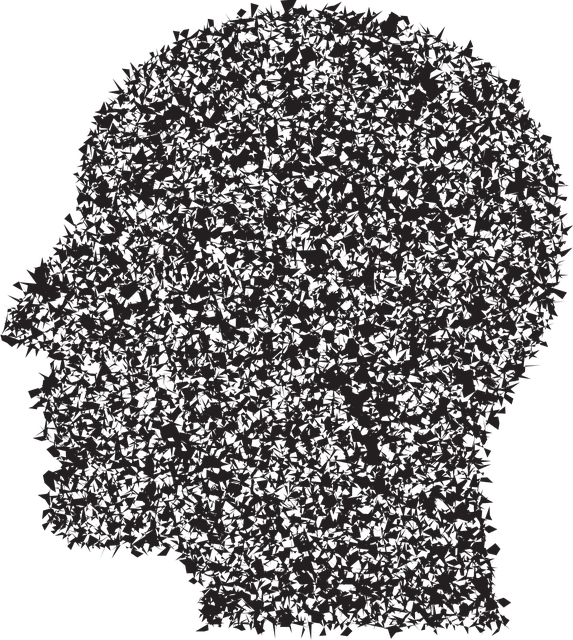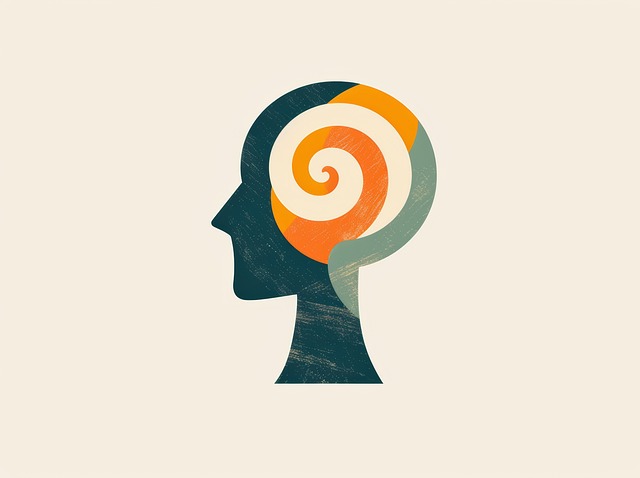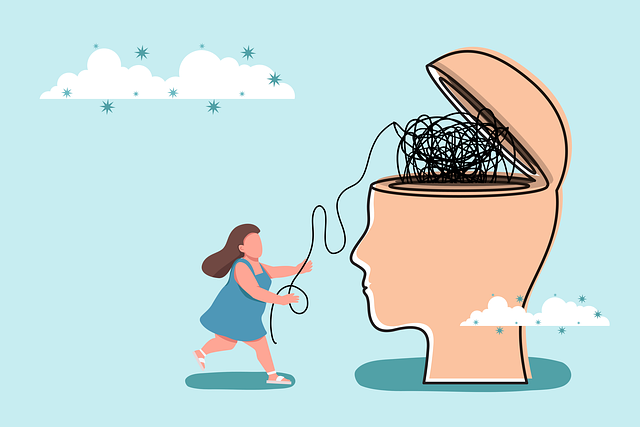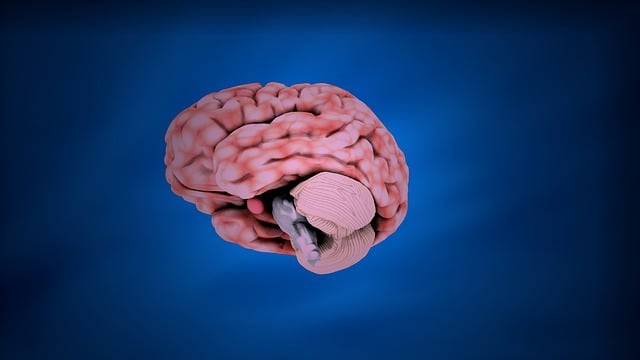Mental illness diagnosis, especially anxiety disorders in adults, faces challenges due to diverse symptoms and co-occurring conditions. Solutions include advanced diagnostic tools, specialized CBT therapy, mindfulness practices, and self-care routines. Ongoing research, education (like Cultural Competency Training), and stigma reduction initiatives collectively enhance diagnosis accuracy, leading to more effective Therapy for Adults Anxiety.
Mental illness diagnosis accuracy is a critical area of focus in healthcare. This article explores efforts aimed at enhancing diagnostic precision, delving into the complexities of mental health conditions like adult anxiety disorders. We discuss innovative approaches, from advanced assessment techniques to personalized therapies, designed to improve diagnosis. Furthermore, we highlight the role of ongoing research, educational initiatives, and robust support systems in fostering continuous improvement. By integrating these strategies, healthcare professionals can strive for greater accuracy and improved patient outcomes in mental illness diagnosis.
- Understanding the Challenges: Uncovering the Complexities of Mental Illness Diagnosis
- Innovative Approaches: Techniques and Therapies for Enhancing Accuracy
- Continuous Improvement: The Role of Research, Education, and Support Systems
Understanding the Challenges: Uncovering the Complexities of Mental Illness Diagnosis

Mental illness diagnosis is a complex process, fraught with challenges that often lead to misdiagnosis or delayed treatment. The intricate nature of mental health conditions, which can manifest in diverse ways and vary greatly from person to person, presents a significant obstacle for healthcare professionals. Additionally, symptoms can overlap between different disorders, making differentiation difficult. For instance, what seems like severe anxiety in an adult patient could be indicative of depression, post-traumatic stress disorder (PTSD), or even a panic disorder – each requiring distinct therapy approaches.
Further complicating matters is the fact that mental health conditions are often accompanied by co-occurring disorders, such as substance abuse or chronic physical illnesses, which can mask or exacerbate psychological symptoms. These complexities necessitate a comprehensive approach to diagnosis, involving not just clinical interviews but also detailed assessment tools and, in some cases, specialized therapy for adults anxiety and other specific disorders. Effective risk management planning for mental health professionals, coupled with regular stress management workshops within organizations, can help mitigate these challenges and improve diagnostic accuracy.
Innovative Approaches: Techniques and Therapies for Enhancing Accuracy

In recent years, the mental health community has witnessed a surge in innovative approaches aimed at improving diagnosis accuracy, especially in conditions like adult anxiety disorders. One such technique gaining traction is cognitive behavioral therapy (CBT), which focuses on identifying and changing negative thought patterns and behaviors contributing to anxiety. This evidence-based therapy equips individuals with valuable coping strategies, enhancing their resilience against anxiety symptoms.
Additionally, integrating mindfulness practices into traditional therapy has proven effective in improving diagnosis accuracy. Mindfulness promotes present-moment awareness and non-judgmental acceptance of thoughts and feelings. By fostering a sense of self-care and emotional regulation, it helps individuals manage anxiety more effectively. Encouraging patients to develop a consistent self-care routine, including stress management techniques, exercise, and adequate sleep, can further boost confidence in their ability to maintain mental well-being and accurately assess their symptoms.
Continuous Improvement: The Role of Research, Education, and Support Systems

Continuous improvement in mental illness diagnosis accuracy is a multifaceted endeavor that relies heavily on research, education, and robust support systems. Ongoing research plays a pivotal role by uncovering new insights into various mental health conditions, including anxiety disorders prevalent among adults. This knowledge helps healthcare providers tailor their approaches, ensuring more precise diagnoses.
Education remains a cornerstone in this process. Providing Healthcare Provider Cultural Competency Training equips professionals with the skills to address diverse patient needs sensitively and effectively. Additionally, raising awareness about Mental Illness Stigma Reduction Efforts creates an environment where individuals feel comfortable seeking therapy for adults anxiety and other mental health services without fear of judgment. Such initiatives collectively contribute to a more accurate and compassionate mental health care system.
Mental illness diagnosis accuracy is a multifaceted challenge that requires innovative approaches and continuous improvement. By understanding the complexities of mental health conditions, integrating cutting-edge techniques such as therapy for adults with anxiety, and fostering robust research, education, and support systems, we can enhance diagnostic accuracy and ultimately improve patient outcomes. These collective efforts are vital to ensuring individuals receive the appropriate care they need to lead fulfilling lives.
